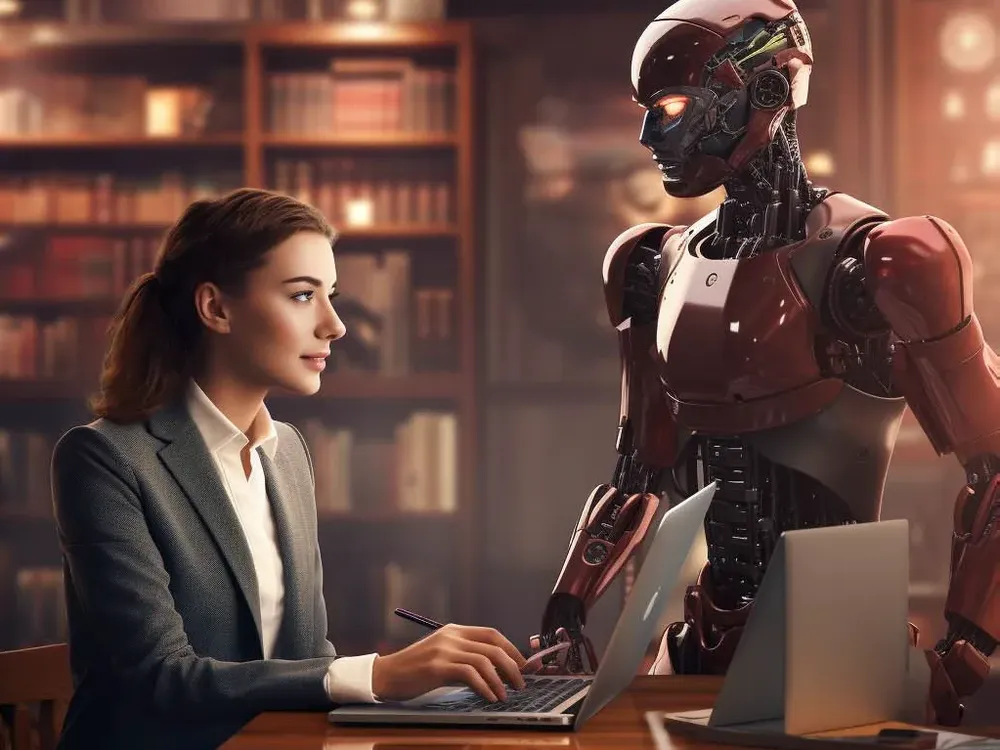ChatGPT and similar software can create high-quality text and images; these are great tools that can make us more productive. (It is better to be the person who leverages AI than the person who is replaced by AI. More on that in a future posting.) But generative AI has some intellectual property risks.
Risk # 1: Possible loss of confidential information or corporate trade secrets.
In many cases, any text entered in ChatGPT or other generative AI is treated as public. This may seem counterintuitive, because it looks like a private conversation on the computer. Whether the conversation is private depends on the contractual relationship with the provider of the AI tool. In a purely human-to-human interaction, we can use non-disclosure agreements. A contract with the provider of an AI tool may have similar language but should not be assumed.
Any information entered with an AI tool may also be used for future training of the tool, which could indirectly provide the information to others.
In short, know how your information may be used and assess whether you can trust the AI provider to abide by the contract. It is better not to input anything confidential.
Risk # 2: Possible lawsuits for copyright infringement for using output generated based on the work of others.
Data is required for training a Generative AI system. For example, a system may scrape the Internet for text and/or images and use it for training. In general, training an AI system uses millions or billions of training inputs, so any connection to a specific output is tenuous. However, if a specific output is close enough to a specific input used for training, there may be a basis for an infringement lawsuit. Courts will probably rule on this issue within the next year or so.
Risk # 3: Possible inability to secure copyright or patent protection when works are generated by AI.
Both the US Copyright Office and the US Patent and Trademark Office have ruled that works created solely by AI are not eligible for protection. As for works created partially by AI, the Copyright Office has held that the AI-generated portions are not eligible for protection. The analogous situation for patents is still an open question; it may be more problematic because patents are issued for an entire invention instead of sub-portions.
Since copyrights only protect a specific expression, outsourcing the expression to generative AI typically indicates that the expression is not critical. On the other hand, when generative AI participates in creating an invention, patent rights may be important (e.g., for protection of a new drug). This is a complicated topic, but for this post, the key takeaway is to make sure people are actively involved in the inventive process.
